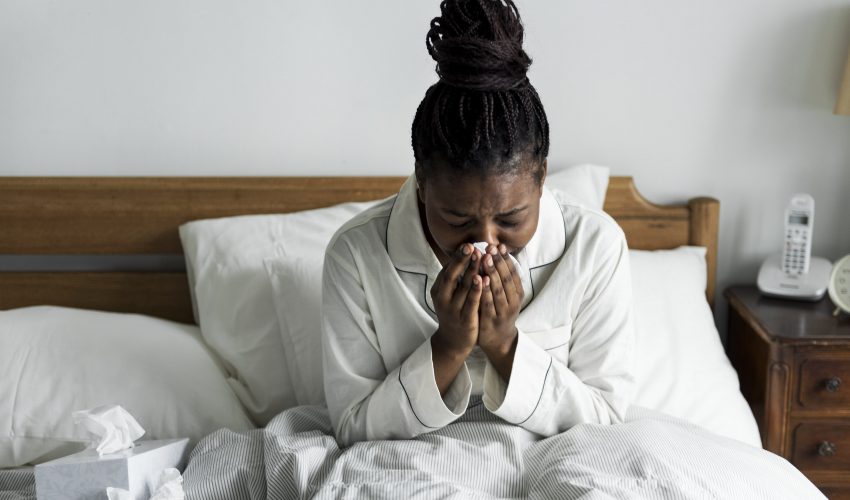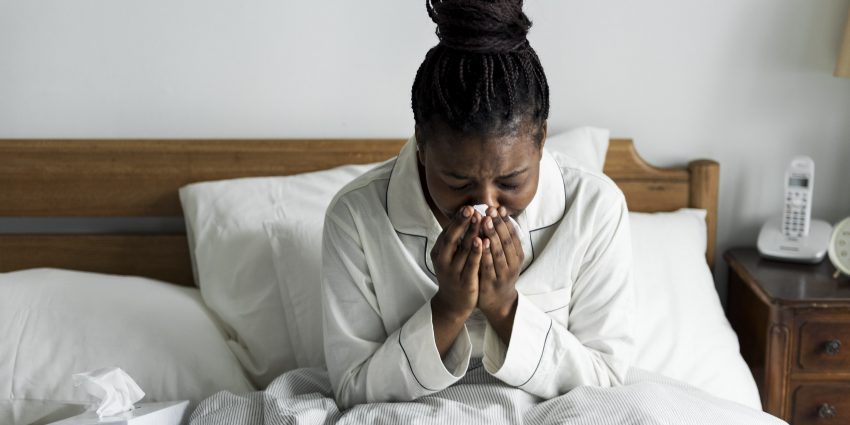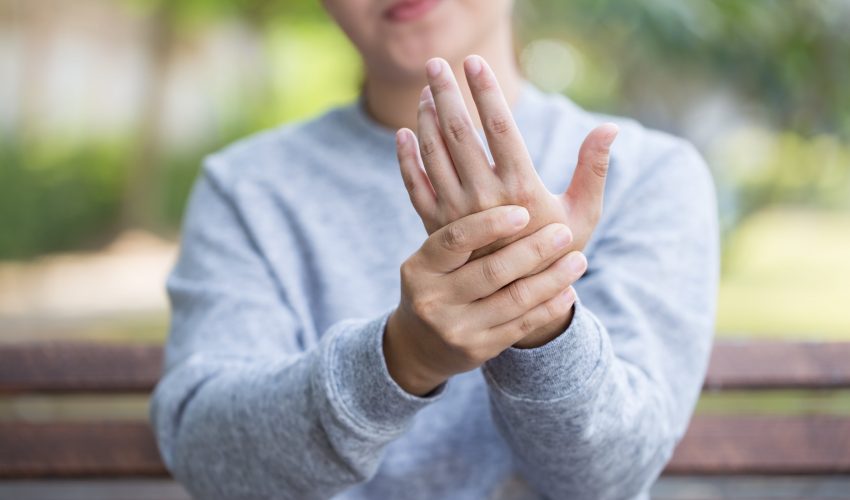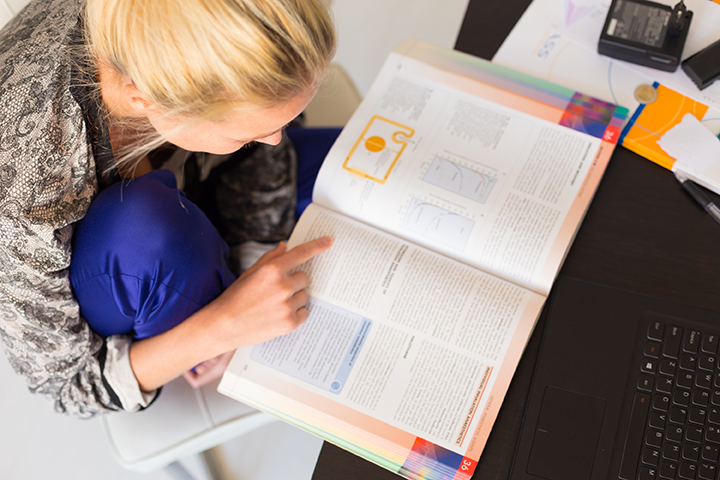Post Views: 6,097
ViewsWorking When You’re Sick
Waking up in the morning and feeling sick on a workday is something we have all experienced. It brings you back to the days of being a kid and feeling too sick to board the bus. Except when you’re a kid you can miss a day of school without much of an issue. Fast forward to being an adult, missing work is far more difficult and in the case of nurses, their patients are still needing care. This leads many nurses to go to work when they’re sick and tough it out. No matter what profession a person is in, working while sick seems to take twice the effort.
As someone who rarely takes sick days, there are certain strategies I have for managing the workday or work night while dealing with sickness. Unless you have the flu which makes you bedridden for up to a week, most other illnesses allow you to still be on your feet, just at a slower pace. This guide is mainly for dealing with colds and similar respiratory issues that someone can still work while having. Keep reading to learn how to manage sickness during the workday.
Pack a Medicine Bag
When I go to work with a cold, I always pack a small medicine bag that can fit into my purse/backpack. This bag can be a small makeup bag or another type of container. I then will add a small pack of tissues to have on the go, a few plastic packages of cold/nasal congestion medicines, and a moisturizer. Taking good cold medicine can stop your nose from running for hours at a time. I definitely suggest wearing a mask if you aren’t already. Of course, you will be wearing gloves while treating patients which keeps a decent barrier between your illness and the patient. Also, having a moisturizer can help dry or peeling skin, especially around your nose area.
Avoid coffee/alcohol
When I’m sick just the idea of coffee makes me feel sick. Everyone knows that having coffee has a significant effect on your body, specifically your digestive system. Not to mention I usually feel dehydrated afterward and end up chugging water. So, during those days that I feel unwell, I instead replace my coffee with decaffeinated tea. The warmth of the tea will soothe your throat and not disrupt your stomach. I will also try to double the water intake I normally have. Staying hydrated is very important when your body is battling a virus or bacteria. Lastly, I think everyone knows to avoid alcohol when sick, but I know some people do have it, thinking it will help them sleep better. It won’t, so please avoid it.
Patients with compromised/poor immune systems
While it should be fine to treat most somewhat healthy patients with a cold or similar illness, if you have a patient with a severely compromised/poor immune system, I would see if you could switch with another nurse. Of course, you should be wearing a mask and gloves to keep a barrier to allow you to still treat patients. If you’re sneezing constantly and blowing your nose, consider if your care is beneficial to the patient. Hospitals are already filled with germs and diseases, be sure to think of your patient’s health, without disregarding your own.
Why nurses go to work sick
Nurse often want to stay home and rest while sick but feel they are unable to for many reasons. With short-staffing already an issue in the nursing profession, calling in sick will definitely put a strain on the other nurses working that day or night. And I’m sure the supervisor you speak to will say the same to you. These are some of the many reasons nurses will go to work while sick:
- Too many sick days can lead to termination.
- Vacation days are used before sick days.
- To call out sick a physician’s note is needed.
- Sick days are mentioned during evaluations.
Can you be fired for taking a sick day?
Every worker is entitled to some type of a sick day, but for a nurse in Ohio, that was not the case. A registered nurse named Theresa Puckett was fired from her hospital position for calling in sick with the flu. Puckett had a medical note from a physician explaining her illness, yet, was let go from her nursing job. She took two days off, and when she came in on the third day, she was terminated. Situations like this have happened before for nurses.
Many nurses have also felt pressure to work when sick because of other nurses. This is a very difficult issue to have a one size fits all answer, so instead, be familiar with your workplace’s sick day policy before you become sick. The decision to call out sick or go into work is something you have to choose for yourself, depending on your allowed days off or the current state of illness. For an illness such as a cold, most people do go into work. However, if you are suffering from the flu or a stomach virus, it is nearly impossible to work.
One comment on “Working When You’re Sick”
Leave a Reply
Working When You’re Sick
By nurseadvisorofficial
Waking up in the morning and feeling sick on a workday is something we have all experienced. It brings you back to the days of being a kid and feeling too sick to board the bus. Except when you’re a kid you can miss a day of school without much of an issue.














What kind of healthcare system do we have when healthcare providers are forced to take care of ill patients when the provider is also ill with a communicable disease? Does the term “nosocomial infection” ring any bells for hospital administrators or legal teams? The is really a shame. Or is the nursing shortage that critical? This is a sensitive issue for me as a nurse because I recently had to be off for about a week and a half for emergency surgery related to kidney stones. If I had been fired, I would have sued.